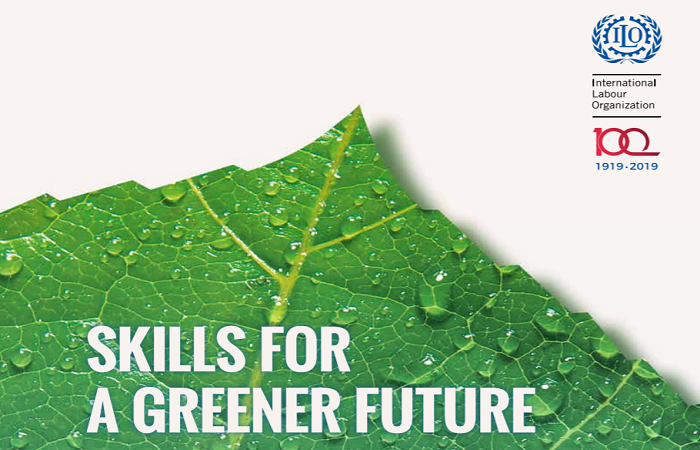Travailler sur une planète plus chaude: L'impact du stress thermique sur la productivité du travail et le travail décent
Le phénomène du stress thermique fait référence à une chaleur reçue supérieure à celle que le corps peut tolérer sans altération physiologique. C'est l'une des conséquences majeures du réchauffement climatique. D'ici 2030, l'équivalent de plus de 2% du total des heures de travail dans le monde devrait être perdu chaque année, soit parce qu'il fait trop chaud pour travailler, soit parce que les travailleurs doivent travailler à un rythme plus lent.
Ce rapport montre l'impact du stress thermique sur la productivité et le travail décent pour tous les pays du monde. Il présente des solutions innovantes basées sur le dialogue social pour promouvoir la sécurité et la santé au travail pour les groupes de travailleurs les plus vulnérables.




